 The Chinese government provides an option for pre-shipment inspections, and California lawmakers may add language about National Sword into state law. These are among the recent developments as China continues to revise its import regulations and the U.S. recycling industry reacts.
The Chinese government provides an option for pre-shipment inspections, and California lawmakers may add language about National Sword into state law. These are among the recent developments as China continues to revise its import regulations and the U.S. recycling industry reacts.


 Colin Staub was a reporter and associate editor at Resource Recycling until August 2025.
Colin Staub was a reporter and associate editor at Resource Recycling until August 2025.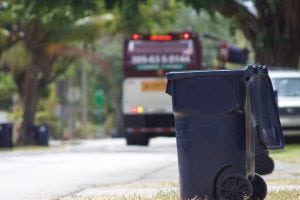 Debates pitting single-stream versus dual-stream recycling have gained steam in recent months. But in a recent gathering of key stakeholders, the consensus was to stick with single-stream systems.
Debates pitting single-stream versus dual-stream recycling have gained steam in recent months. But in a recent gathering of key stakeholders, the consensus was to stick with single-stream systems. A Thai policy restricting the import of scrap plastics has proved effective. U.S. scrap plastic exports to the country dropped by 94 percent after the ban took hold.
A Thai policy restricting the import of scrap plastics has proved effective. U.S. scrap plastic exports to the country dropped by 94 percent after the ban took hold.
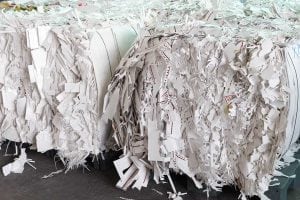 Nine Dragons will purchase its first U.S. recycled paper mill just a couple months after entering the U.S. market with its acquisition of virgin fiber facilities. The company offered details in an interview.
Nine Dragons will purchase its first U.S. recycled paper mill just a couple months after entering the U.S. market with its acquisition of virgin fiber facilities. The company offered details in an interview. A Chinese company will open a plastics recycling facility in Georgia, the latest instance in a growing trend of Chinese investment in North American processing infrastructure.
A Chinese company will open a plastics recycling facility in Georgia, the latest instance in a growing trend of Chinese investment in North American processing infrastructure.
 Recycling companies are seeing higher freight costs amid a tight trucking market, and the logistical challenges are predicted to increase in the coming years.
Recycling companies are seeing higher freight costs amid a tight trucking market, and the logistical challenges are predicted to increase in the coming years.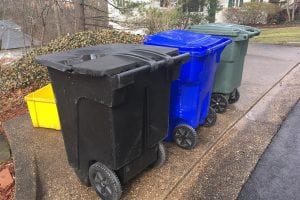 The head of Waste Connections says the economics of recycling must change. Otherwise, companies’ sorting costs will further outpace the revenue they fetch from commodity sales.
The head of Waste Connections says the economics of recycling must change. Otherwise, companies’ sorting costs will further outpace the revenue they fetch from commodity sales.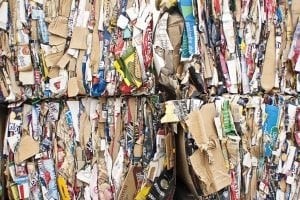 Governments in Southeast Asia are following through on promises to heavily restrict scrap imports. Meanwhile, a U.S. senator has singled out a shuttered West Coast paper mill as a possible outlet for recovered fiber.
Governments in Southeast Asia are following through on promises to heavily restrict scrap imports. Meanwhile, a U.S. senator has singled out a shuttered West Coast paper mill as a possible outlet for recovered fiber.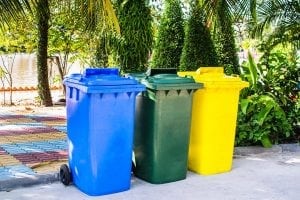 After Resource Recycling highlighted conservative commentators who questioned the foundations of materials recovery, a number of industry professionals jabbed back, noting the economic strengths still inherent in recycling.
After Resource Recycling highlighted conservative commentators who questioned the foundations of materials recovery, a number of industry professionals jabbed back, noting the economic strengths still inherent in recycling.